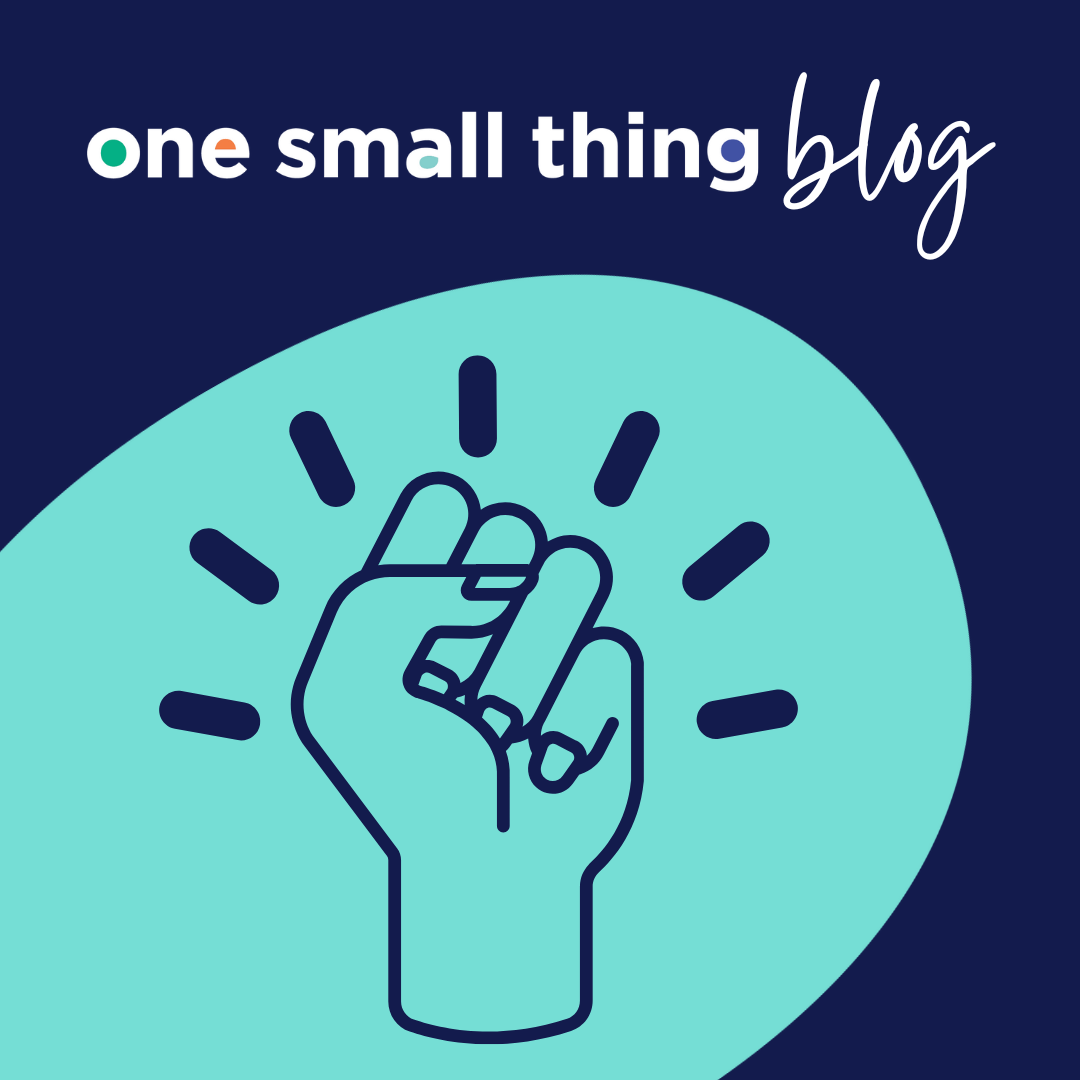Diary of the Remand Collective Residential
Lilly Lewis, Women’s Involvement Advisor, One Small Thing
“Listening to the women talk about their experiences on remand was emotional. For some, it brought back painful memories the uncertainty, the separation from children, the sense of being forgotten. But as the stories unfolded, so did a sense of strength. I was struck by how much courage it takes to turn pain into purpose.”
In her next blog, Lilly Lewis, One Small Thing’s Women’s Involvement Advisor, introduces The Remand Collective - a group of women with lived experience and justice organisations working together to end the unjust and unsafe use of remand (imprisonment before trial or whilst awaiting sentence) against women in the England and Wales.
Remand is particularly harmful to women, their dependents, families and communities; and its use against women is rising, growing by 11% between 2024 and 2025. According to the Howard League, almost two-thirds of women remanded to prison are either found not guilty or given a community outcome. We also know remand is used disproportionately against Black and Global Majority women. In most cases, women could be released on bail, but their legal rights are not being applied, a huge injustice. In 2023, 26% of self-harm incidents by women in prison were by those held on remand.
The Remand Collective is committed to creating urgent and meaningful change for women on remand – here Lilly shares why it is so important that the most effective responses to women’s needs are designed with them, not for them. Core members include Women in Prison, Hibiscus Initiatives, Howard League for Penal Reform, Clean Break, Birth Companions, One Small Thing and Not Beyond Redemption.
Day One – Arrivals and Beginnings
I woke up on the first morning of the residential feeling that mix of nerves and excitement you get when something important is about to begin. Katie Fraser from Women in Prison and I had been planning these two days for months, and now it was finally here the start of what will become The Remand Collective.
“Our aim was to bring together a group of eight women with lived experience of remand to co-produce something powerful, a piece of work that challenges the use of remand for women in the UK.”
These women will eventually work alongside leaders from Women in Prison, Hibiscus, One Small Thing, Clean Break, Birth Companions, and the Howard League for Penal Reform. But first, this residential was about creating connection, trust, and shared purpose.
When everyone arrived, the energy in the room shifted immediately you could feel it. There was laughter, a bit of nervousness, and that beautiful moment when people realise, they’re in a space where they can truly be themselves. We started by grounding ourselves, setting intentions, and sharing what brought each of us here.
Listening to the women talk about their experiences on remand was emotional. For some, it brought back painful memories the uncertainty, the separation from children, the sense of being forgotten. But as the stories unfolded, so did a sense of strength. I was struck by how much courage it takes to turn pain into purpose.
By the afternoon, ideas were flowing. We filled sheets of paper with words like justice, change, womanhood, and truth. It felt like something important was starting to take shape. When we finished the day, the room felt lighter somehow full of energy, hope, and possibility.
We then had some time alone to refresh and reflect before all meeting for dinner where everybody seemed exhausted and relaxed.
That evening, Katie and I talked about how inspiring it was to watch the group come together so quickly. It reminded us both that when women are trusted to lead, magic happens.
Day 2 forming our constitution
The next morning, there was a different kind of energy more grounded, more connected. Over breakfast, the women chatted and laughed friendship already forming.
We began the day reflecting on what we’d achieved so far and what we wanted The Remand Collective to stand for and build our constitution, The conversations were raw and honest. The women spoke about how remand affects families, communities, and self-belief. They challenged systems, questioned assumptions, and pushed us all to think bigger.
We did a small exercise called The Story of Me. We shared sheets of paper and asked to write one-line sentences that captured moments or feelings from our lives this was then folded over and past to the next person, things that felt true to our story. There was quiet in the room as pens began to move, and slowly the pages filled with words of pain, hope, survival, and strength. When we finished, Katie read our “story” out loud. Hearing our words spoken back to us was incredibly powerful emotional, raw, and deeply moving. It was a reminder of just how much adversity every woman in that room had overcome, and how much resilience sat quietly beneath the surface. The exercise seemed to connect us in a way that words alone couldn’t, it was as if, for a moment, all our stories became one.
The women also shared good and bad experiences of co production and how it was important for them to be considered and consulted every step of the way and more importantly kept in the loop and communication to be clear and consistent.
We explored what co-production really means not just being “consulted,” but truly leading the work. The feeling of, we’ve lived it we should be the ones shaping the change.” That came across loud and clear.
By the afternoon, the group had chosen a name Remand collective constitution and began imagining what it could become: a platform for women’s voices, a campaign for change, and a partnership across organisations to challenge the use of remand altogether.
As the residential came to a close, I felt proud not just of the work we’d done, but of the way we’d done it. There was no hierarchy in that room, no divide between “professionals” and “experts by experience.” We were just women, working together for something better.
Reflections
On the train home I couldn’t stop thinking about the courage I’d witnessed over those two days. The honesty, humour, and determination of the group left me feeling hopeful in a way that’s hard to describe.
“This is just the beginning of The Remand Collective, but already it feels special a reminder that real change starts when women with lived experience are trusted, respected, and given the space to lead.”
A briefing by Howard League for Penal Reform noted that for women remanded by magistrates, “almost two-thirds … go on to be found not guilty or do not receive an immediate custodial sentence.”










